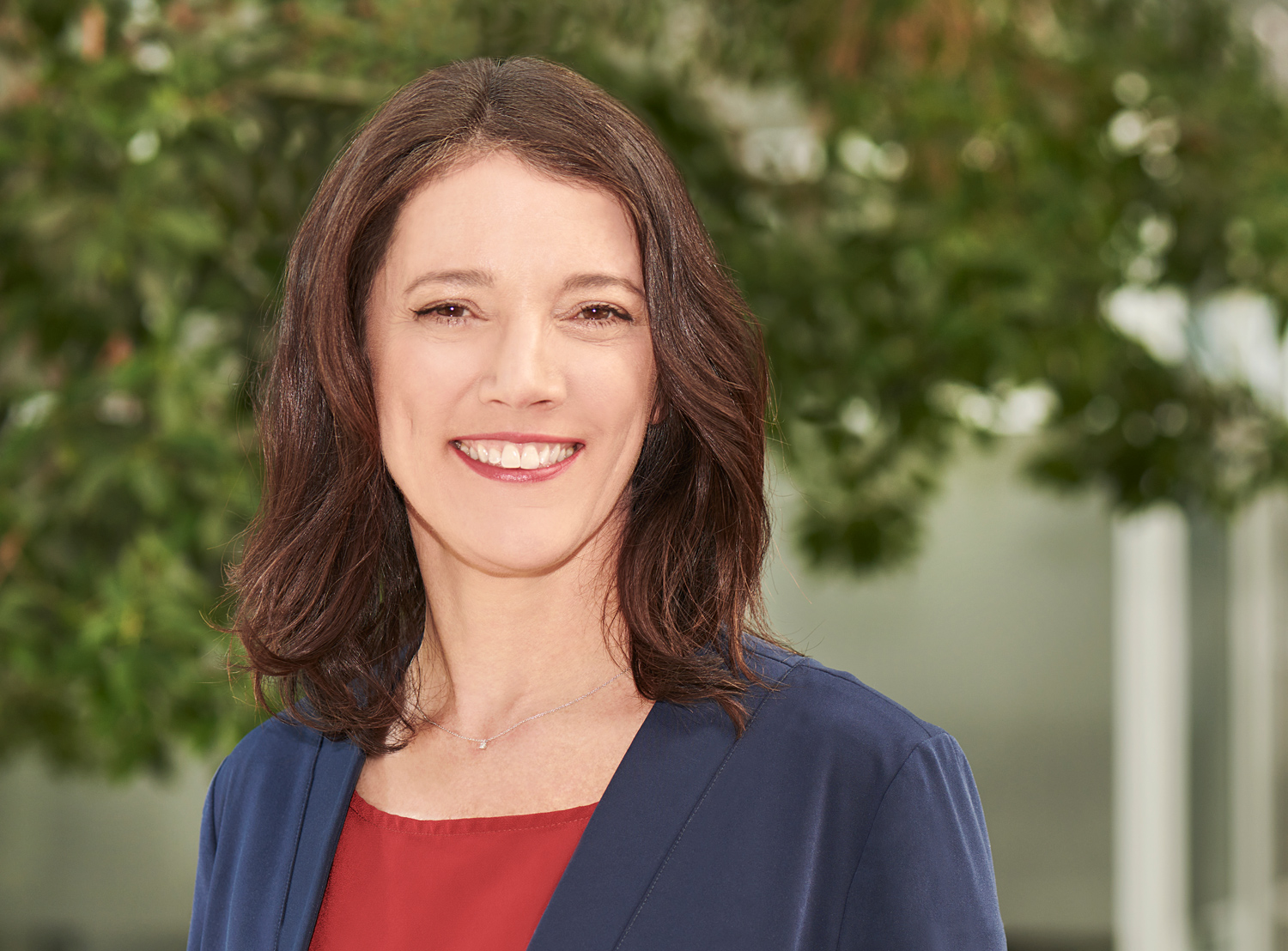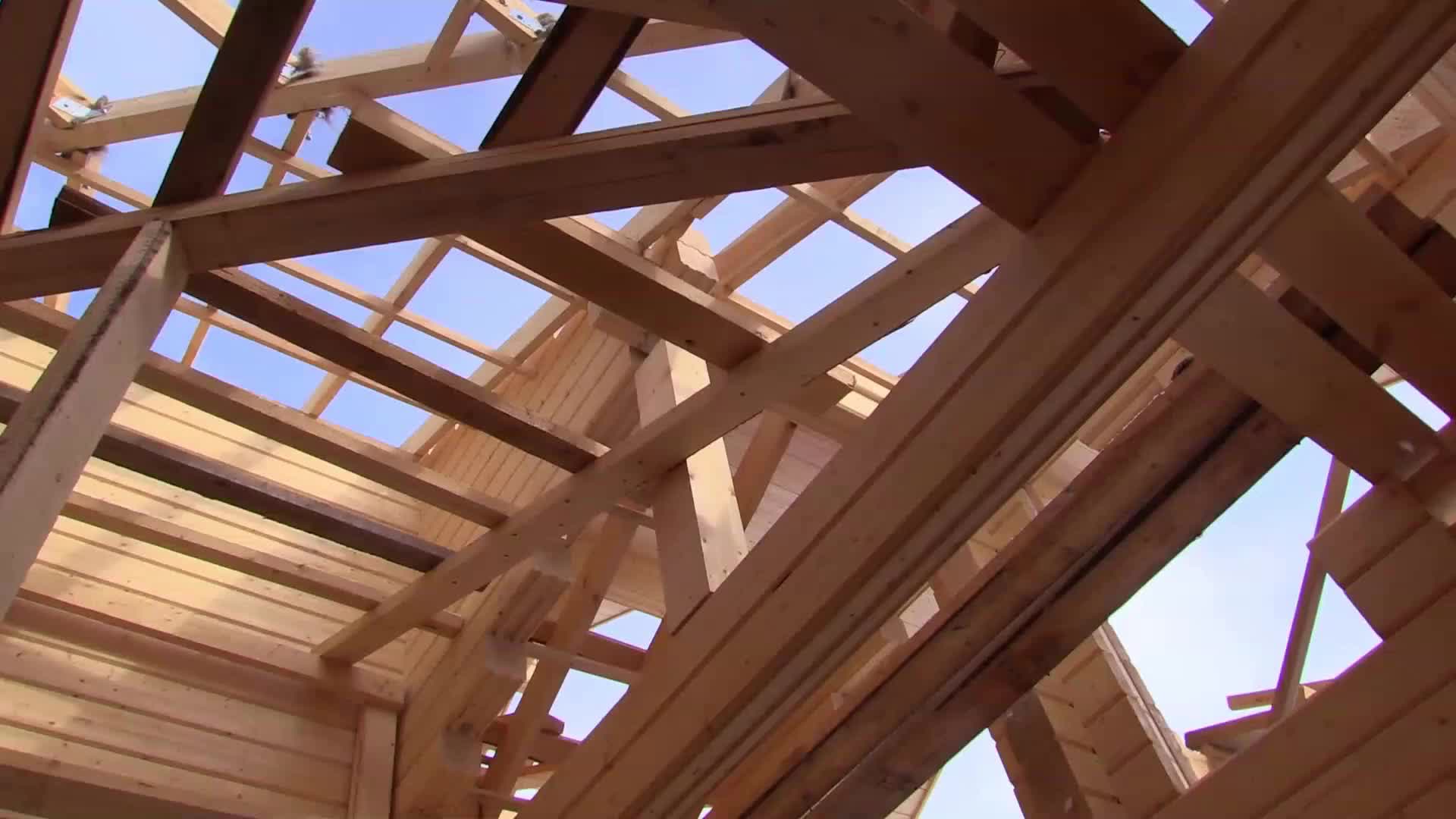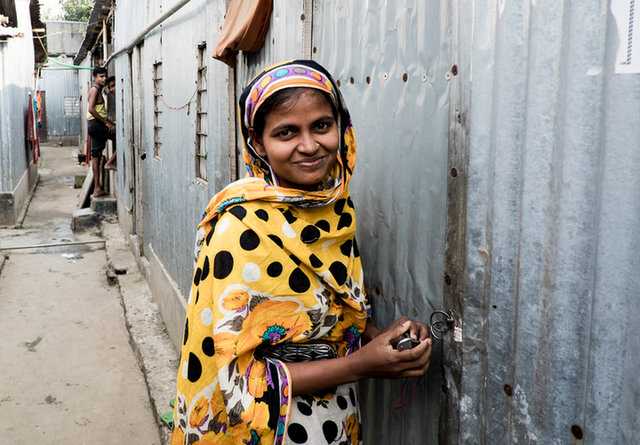Annual
Report
2022
A letter from the CEO

Leslie Johnston
Chief Executive Officer
Laudes Foundation
2022 was a tumultuous year.
Inflation soared to levels not seen since the 1970s, causing economic turmoil. The largest scale land war since the Balkans shocked the world, highlighting escalating geopolitical conflicts. Coupled with strikes and weather-related disasters, this severely tested global supply chains. The number of severely food insecure people doubled from 135 million prior to the pandemic to around 276 million. And our global population surpassed eight billion, making it even harder to meet social thresholds (education, health and wellbeing) while staying within planetary boundaries.
Yet, we still have reasons to be optimistic. Business is increasingly required to step up and use its market might not only to address our climate breakdown and deepening inequality, but also to uphold democracy and combat misinformation. This is a big ask.
That’s why at Laudes Foundation we work to unlock, via our support to more than 300 partners, the ingenuity and the tremendous influence of industry for the greater good. This collective effort has enabled us to address one of the most pressing existential challenges of our time: the intersection of climate breakdown and deepening inequality.
To this end, we’re seeing positive movement across all three industries in which we work – fashion, the built environment, and finance and capital markets. This is undoubtedly due to our partners, who act on the frontlines of change, often pushing against entrenched mindsets and vested interests.
Specifically, we’re seeing positive movement across three areas that I believe are critical to enable the inclusive, climate-resilient, and regenerative future we want: mindsets, rules, and power.
Mindsets are opening. Driven by the urgency of the polycrisis, our partners’ work is increasing the sense of responsibility among business leaders, policymakers, and investors – all of whom possess the power to drive transformative change.
We see this with Fashion for Good, our industry transformation accelerator. This initiative has convinced 12% of the fashion industry that maintaining the status quo of ‘business as usual’ will not stabilise climate, regenerate nature, and provide prosperity for all. By challenging existing paradigms, Fashion for Good has catalysed a profound shift in the fashion industry's mindset and unlocked more than EUR 1.1 billion in new investment to scale innovations.
Rules are being (re)written. There is increasing evidence that policies aimed at accelerating climate mitigation and adaptation are gaining momentum. We are hearing more strident calls for different incentives, ideas and values in our global economic framework. Our partners Earth For All, the UCL Institute for Innovation and Public Purpose (IIPP), Partners For A New Economy and the Doughnut Economics Action Lab, among others, are enabling these calls for change. At the same time, partners such as Frank Bold, the European Coalition for Corporate Justice (ECCJ) and Shift Project have helped bring equity and rights into the core of legislation that tighten corporate accountability.
Power dynamics are shifting. At Laudes, we are guided by the mantra “nothing about us without us”, which underscores the importance of involving and representing all stakeholders in decision-making processes. This inclusive approach is especially important in industries like the built environment, where social equity has not traditionally been a primary consideration. Partnerships with organisations such as Building and Woodworkers’ International are instrumental in giving a voice to workers.
Yet, we need to move faster, particularly given the urgency of this ‘decisive decade'. And this urgency has led us to ask ourselves an important question:
Are we doing the right things, and are we doing things right?
Our commitment to continuous improvement and learning is evident in the developmental evaluation process we initiated in 2022, in which we gather real-time evidence of change to make informed decisions. Our extensive assessment of grant proposals, baselines, partner reports, and external reports, alongside partner interviews, has provided us with valuable insights to guide strategic pivots.
Sometimes, such reflections lead to difficult decisions. In 2022, we transitioned from our longest-standing geography, Brazil, which was not an easy decision given the more than 30 years of history we (and C&A Foundation) have there. But we did so in a way that continues and scales our extensive labour rights work in the country – even without our presence on the ground. In December, together with Ford Foundation and Open Society Foundations, our partner, Fundo Brasil, launched the US$ 8.5 million Labora fund.
Looking back to look forward
Looking back at 2022, we have reflected on the achievements of our partners in accelerating the transition towards an inclusive and climate positive economy. We are proud to support 367 partners and to have provided EUR 63.3 million in grants, bringing our active portfolio of grants to EUR 225.6 million. Through fostering collaboration with other donors and coalitions, we’ve unlocked an additional EUR 95.5 million to accelerate change.
And as we look forward (particularly as Laudes reaches the midpoint of its first five-year strategy), we face strategic choices:
Are we pulling the right levers to inspire and challenge business and industry? Bringing together frontrunner businesses through initiatives like Built by Nature, which collectively aim to accelerate the transformation of the timber and bio-based material building sector in Europe, provide the necessary market mechanisms to transition rapidly and enable us to test, and hopefully, replicate and scale innovative solutions.
Are we harnessing the power of finance to drive change in the real economy? Sharpening our focus on finance and capital markets is leading us to concentrate on how finance can be a lever for change in industry, particularly by helping investors embrace stewardship, creating more policy incentives for investors, and exploring innovative financial mechanisms. At COP27, in collaboration with the International Venture Philanthropy Association, we brought together more than 60 finance experts and practitioners to delve deeper into this topic and explore how philanthropic capital, which may seem limited in comparison to the trillions needed, can play a significant role in unlocking the necessary funding for a green and just transition.
Are we doing enough to bolster the political will for change? This is particularly challenging when policymakers are often preoccupied with short-term crises such as rising living costs and energy insecurity, which make it difficult to envision beyond the next election. But we have seen examples like the U.S.'s Inflation Reduction Act, which demonstrates how bold industrial policy can accelerate change. As we enter a critical election period in Europe, we need to consider what more our partners can do to strengthen political will for transformative action.
And are we ensuring that the interests of people – workers, producers and the communities they serve – remain at the centre of our efforts? As we explore the opportunities and intricacies of enabling a green and just transition through our partners, it is evident that this is a pivotal moment for philanthropy. Although total philanthropic giving is relatively small at around USD 800 billion, it possesses the unique ability to accomplish what other forms of capital cannot. It can elevate under-represented voices, model what a positive future could look like (such as system transformation instead of mere optimism), exhibit patience, and even tolerate failure, thanks to its distinct risk appetite that sets it apart from other types of investment.
But to help address these questions, we need to attract more philanthropic funding Philanthropy’s current contribution to climate mitigation, with less than 2% of philanthropic giving directed towards it, is insufficient. While initiatives like WINGS’ #philanthropyforclimate or the World Economic Forum’s Giving to Amplify Earth Action (GAEA) are inspiring, there is still room for improvement.
To drive the necessary change, more philanthropic foundations need to adopt an industry lens and enable the unlikely alliances of private and public leaders to create large-scale change. Encouraging business leaders and policymakers to undertake bold and brave action is essential for a green and just transition. Granted, this is not easy. Although the number of philanthropic funders focusing on the built environment, which contributes almost 40% of emissions, is currently limited, this trend is slowly changing. And at Laudes, through our engagement with donor coalitions, we are actively involving more foundations willing to address the deep-rooted issues in the hardest-to-abate industries.
By doing so, we can collectively tap into the ingenuity, innovation and creativity of business for the greater good.


